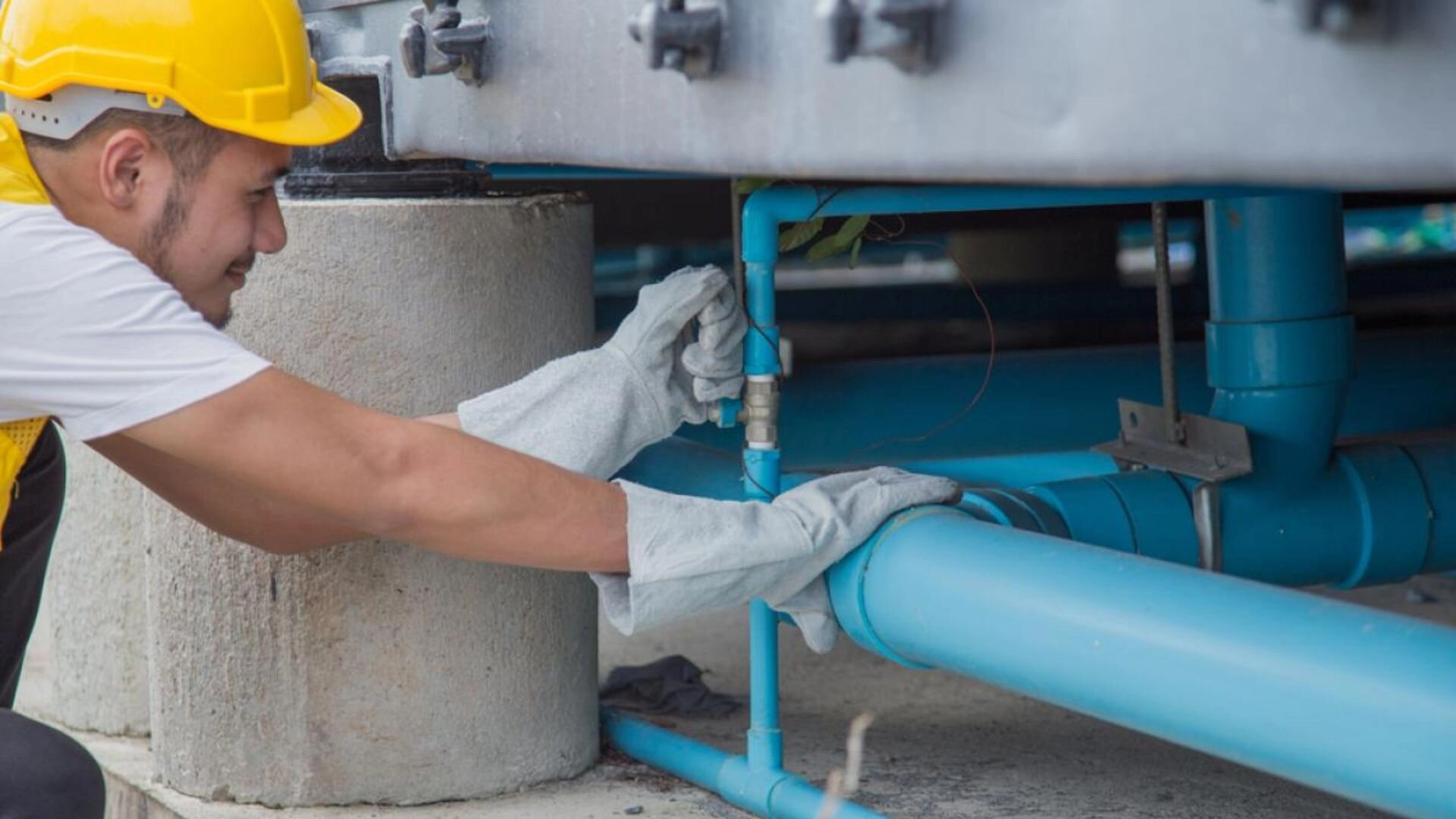Planning and Design Stage

Every successful project begins with a solid plan. Plumbing layouts must accommodate retail stores, food courts, restrooms, and fire suppression systems. Engineers work closely with architects to design efficient systems that balance water pressure and ensure consistent supply across multiple floors.
Coordination Among Teams
Plumbing projects in shopping malls involve collaboration between multiple contractors and trades. Coordination with electrical, HVAC, and construction teams prevents conflicts during installation and ensures compliance with building codes.
Choosing the Right Materials and Systems
Durability and efficiency are essential in large-scale plumbing. Common materials include copper, PEX, and stainless steel for water lines, while high-capacity drainage systems handle heavy wastewater loads.
Installation Phase
Installation requires skilled technicians who can manage high-volume piping, water heaters, and pressure control systems. Careful sequencing of installation phases avoids disruptions to other ongoing construction work.
Safety and Compliance

Meeting plumbing codes and safety regulations is non-negotiable. All work must adhere to OSHA and local health department requirements. Regular inspections ensure systems meet commercial standards for water safety and waste management.
Testing and Quality Assurance
Before a shopping mall opens, plumbing systems undergo extensive testing, including pressure tests, leak detection, and water flow assessments. Quality assurance ensures long-term performance and minimizes maintenance issues.
Ongoing Maintenance and Monitoring
Once operational, shopping malls require regular plumbing maintenance. Scheduled inspections, sensor-based monitoring, and preventive repairs reduce downtime and water waste.
Sustainability Considerations
Modern malls integrate water-saving technologies such as low-flow fixtures, greywater recycling, and smart monitoring systems to improve sustainability and reduce operating costs.
Conclusion
Managing plumbing projects in shopping malls is a complex process that demands expertise, coordination, and precision. By focusing on design, safety, and sustainability, project managers can ensure efficient systems that serve businesses and customers effectively.

